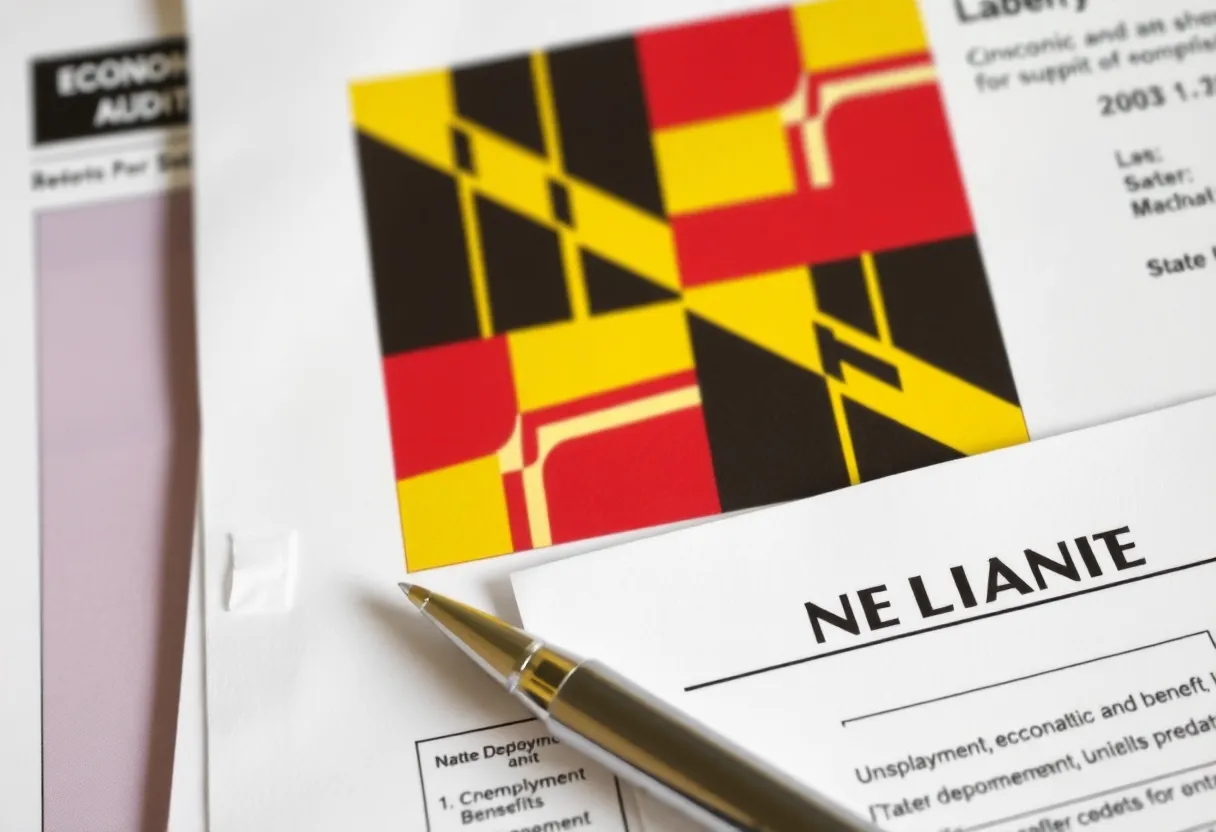News Summary
Michigan schools are grappling with budget uncertainty as the state legislature delays finalizing the budget. Parents, teachers, and school administrators express concern over potential funding shortfalls that threaten essential educational programs and staff salaries. With differing proposals from the House and Senate, school districts face challenges in meeting budget deadlines, raising alarms about possible cuts to crucial services. Governor Whitmer’s commitment to an adequate budget is overshadowed by frustration from legislative leaders, as the educational landscape remains unsettled awaiting clearer funding guidance.
Michigan Schools Face Budget Uncertainty Amid State Budget Delay
Royal Oak, Michigan – As the new school year approaches, uncertainty looms over Michigan schools due to a delay in finalizing the state budget. This situation has left parents and teachers in the Royal Oak area expressing significant disappointment regarding the funding that is essential for educational programs and staff salaries. Concerns are mounting as a lack of agreement in the Michigan legislature continues to create a challenging environment for school districts across the state.
The delay in budget approval has resulted in many school districts facing potential financial shortfalls. The Detroit Federation of Teachers, which represents around 5,000 teaching professionals, has highlighted the pressing issue regarding the absence of an agreed-upon funding structure as the school year nears. Meanwhile, administrators like the superintendent of Madison School District are proactively seeking measures to avoid a projected deficit that could emerge by the end of the 2025-2026 school year.
According to state law, school districts are mandated to finalize their budgets by July 1. However, numerous districts are still awaiting crucial guidance on funding. Despite ongoing negotiations, the Michigan legislature was unable to reach a consensus on the budget by the established deadline. The House and Senate have proposed differing education budgets, complicating efforts to finalize a plan that would adequately support education.
Governor Gretchen Whitmer has reiterated her commitment to signing a budget that includes necessary funding for both schools and road repairs. Nevertheless, legislative leaders are expressing frustration over the lack of progress in negotiations, often blaming each other for the budget stalemate. The widely diverging proposals have created a significant gap that complicates reaching an agreement, which is crucial for schools.
Currently, the Senate’s proposed budget amounting to $84.5 billion is considered out of balance due to reduced revenue projections. In contrast, the House proposal includes provisions that have sparked controversy among lawmakers. As school districts brace for potential cuts to crucial programs and staffing levels, educational leaders have begun considering worst-case scenarios for the upcoming academic year.
Adding to the financial strains, the state superintendent has criticized the U.S. Department of Education for withholding nearly $160 million in federal funds designated for schools, which further exacerbates the uncertainty. This funding includes $64 million intended for professional development, $37 million for after-school programs, and $38 million aimed at academic enrichment. The absence of these federal dollars is another factor that schools must contend with as they prepare for student enrollment and educational service delivery.
Without the ability to finalize budgets by the mandated date, many school districts find themselves in a precarious position. This year has seen increased reliance on last-minute negotiations, which stand in stark contrast to former Governor Rick Snyder’s initiatives aimed at securing earlier budget agreements. Although Michigan’s budget laws do not impose penalties for missing the July 1 benchmark, districts must still present a balanced budget by October 1, or risk potential government shutdowns and funding interruptions.
The Michigan House is scheduled to reconvene on July 15 to advance discussions regarding the budget, while school administrators and education leaders remain in a state of indecision, awaiting clarity on funding. The uncertainty created by the ongoing budget negotiations poses a challenge to operational planning for the upcoming school year, highlighting the urgent need for decisive action and clear communication to support Michigan’s educational landscape.
Deeper Dive: News & Info About This Topic
HERE Resources
Additional Resources
- WXYZ News: Michigan School Districts Face Uncertainty After State Budget Delay
- Wikipedia: Michigan
- Up North Live: Michigan Schools Face Budget Uncertainties
- Google Search: Michigan School Budget Delay
- Detroit Free Press: Michigan School District Budgets and Federal Money Withheld
- Google Scholar: Michigan Education Budget
- Bridge Michigan: No Deal, Blow to Schools as Michigan’s Divided Legislature Misses Budget Deadline
- Encyclopedia Britannica: Education Funding
- Upper Michigan’s Source: Deadline Missed for Michigan 2026 Education Budget
- Google News: Michigan Schools Budget Uncertainty
Author: STAFF HERE BALTIMORE WRITER
The BALTIMORE STAFF WRITER represents the experienced team at HEREBaltimore.com, your go-to source for actionable local news and information in Baltimore, Baltimore County, and beyond. Specializing in "news you can use," we cover essential topics like product reviews for personal and business needs, local business directories, politics, real estate trends, neighborhood insights, and state news affecting the area—with deep expertise drawn from years of dedicated reporting and strong community input, including local press releases and business updates. We deliver top reporting on high-value events such as the Baltimore Book Festival, Preakness Stakes, and Artscape. Our coverage extends to key organizations like the Baltimore Chamber of Commerce and Visit Baltimore, plus leading businesses in shipping and healthcare that power the local economy such as the Port of Baltimore and Johns Hopkins Medicine. As part of the broader HERE network, we provide comprehensive, credible insights into Maryland's dynamic landscape.





